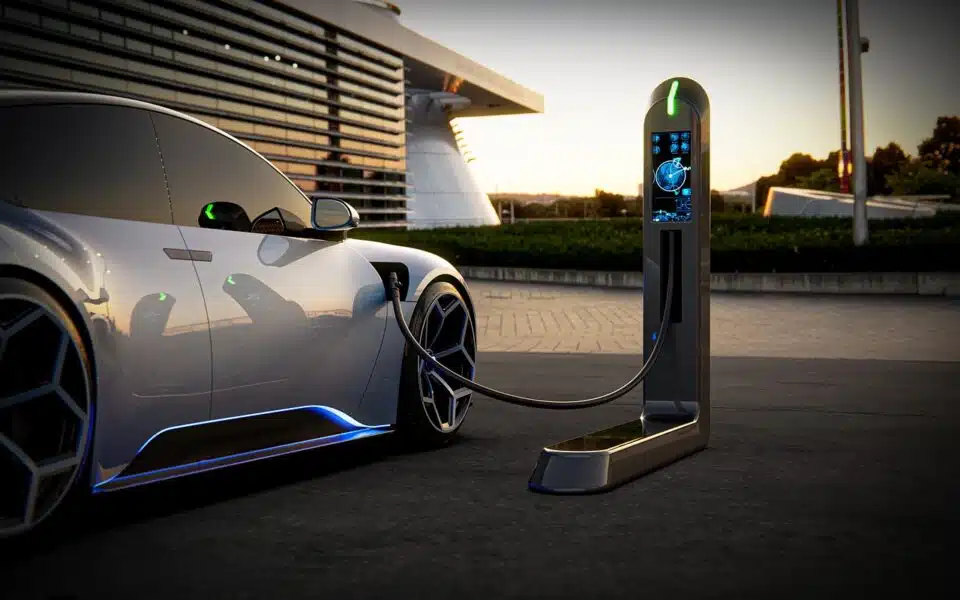KUALA LUMPUR, July 17 — Malaysia’s Automotive High-Tech Valley (AHTV) offers tremendous commercial and supply chain opportunities for automotive investors, and could potentially be a hub for Asia Pacific’s estimated US$778 billion (US$1=RM4.53) electric vehicle (EV) market.
Investment, Trade and Industry (Miti) Minister Datuk Seri Tengku Zafrul Abdul Aziz said AHTV is set to be a hub where automotive industry professionals can live, work and develop new technologies that will be used in next-generation vehicles (NxGV), EVs and energy-efficient vehicles (EEV).
The AHTV is the only automotive cluster in Malaysia to be officially recognised as an NxGV and EEV hub.
As such, the government is offering an attractive incentive package, including tax exemptions for land development and the manufacturing of parts and components, as well as the establishment of research centres and educational institutions.
“We see AHTV as a key driver for automotive investors who are considering to further secure their regional or global supply chains.
“We also see it as a major player in increasing the automotive sector’s contribution to the country’s gross domestic product from RM64.5 billion in 2022 to RM104.2 billion by 2030,” he said at the Proton Global Investors and Vendors Convention 2023, here, today.
Zafrul said the Asia-Pacific EV market is valued at almost US$230 billion in 2021 and is expected to reach roughly US$778 billion in 2027, representing a compound annual growth rate of 19.1 per cent between 2022 and 2027.
He also pointed out that Malaysia is already a major electrical and electronics manufacturing hub in Southeast Asia.
“As such, automakers and automotive investors can seamlessly leverage this capacity to secure their supply chains in boosting their production of NxGVs.
“The components sub-sector can be capitalised on to service the whole automotive value chain, from semiconductors, sensors, automotive electronics, transceivers, batteries and vehicle assembly,” he said.
The minister said Malaysia’s New Industrial Master Plan 2030, which is expected to be launched in August, would support the automotive sector’s further growth, including the promotion of NxGV, EEVs and EVs.
He highlighted that the government has established the National EV Steering Committee (NEVSC) led by Miti, comprising representatives from various ministries, government agencies and relevant industry parties.
One of the NEVSC’s key performance indicators is to have 10,000 EV charging stations nationwide by 2025, which will encourage more EV ownership.
“Furthermore, the mass electrification of the automotive sector and Malaysia’s manufacturing industry fits in well with the environmental, social, and corporate governance and net zero agenda of not only Malaysia but also the region.
“As such, we have already started pushing for higher EV penetration within Malaysia and are targeting to have EV and hybrid vehicles contribute 15 per cent to the nation’s total industry volume (TIV) by 2030, and 38 per cent of TIV by 2040,” the minister added.
Tengku Zafrul said in 2022, Malaysia’s automotive industry achieved record sales and grew by 41.6 per cent year-on-year (y-o-y) to 720,658 units due to post-pandemic pent-up demand.
He added that vehicle sales for the first six months of 2023 grew by a further 9.4 per cent y-o-y to nearly 363,000 units.
— Bernama





